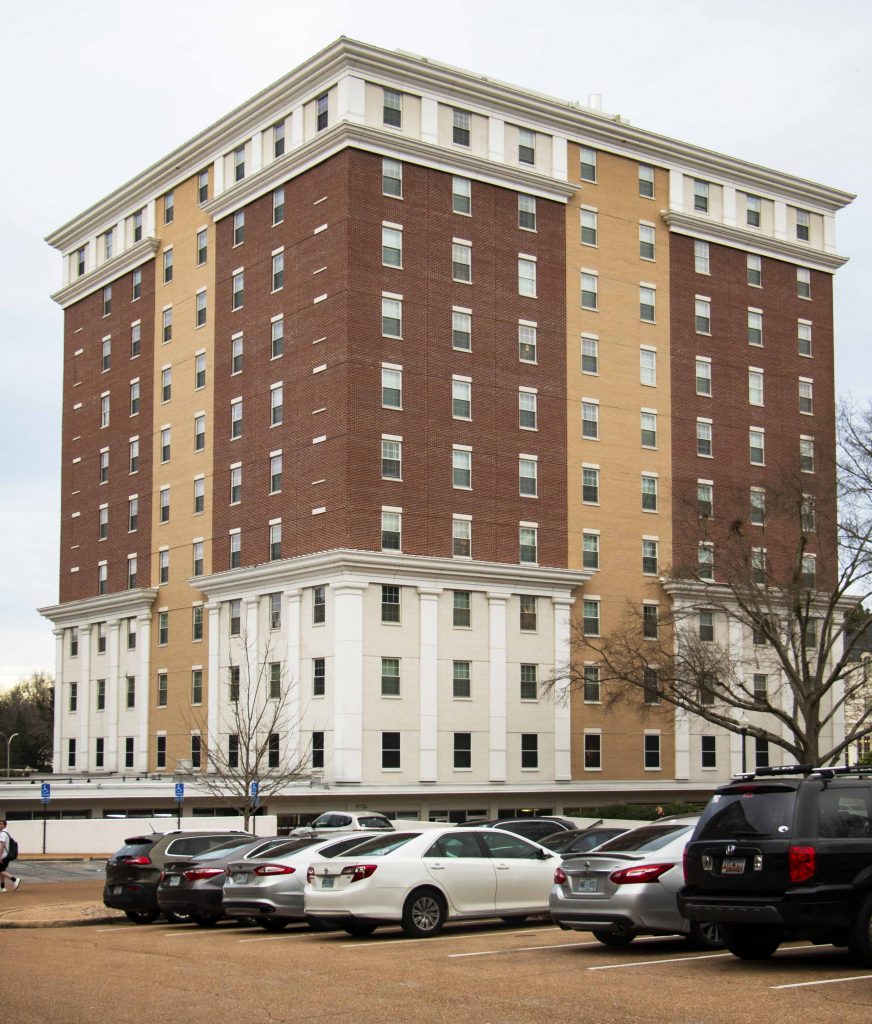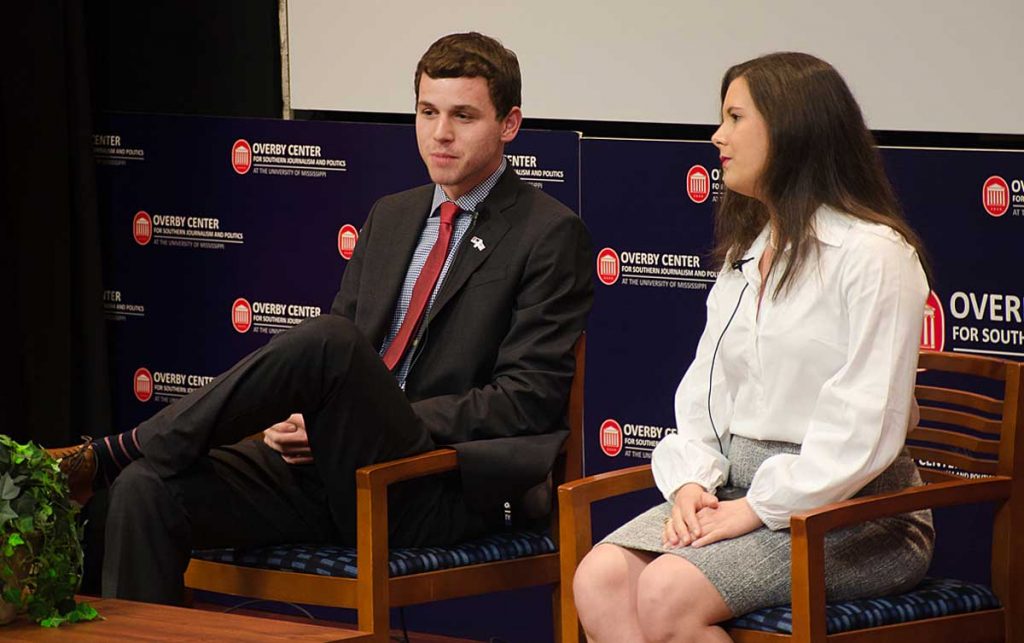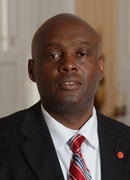
Martin Hall. Photo by Katherine Butler
Ole Miss students are questioning campus housing’s approach in managing problems with its residents, and some have voiced concern with housing employees’ recent reliance on law enforcement officials.
University Police Department is called to residence halls approximately two to five times nightly and more on the weekends, according to UPD Crime Prevention Coordinator Bishop Lewis.
Lewis also said housing relies heavily on UPD for enforcement of rules, specifically in regards to potential criminal offenses.
“There should always be restraint before you go to law enforcement, especially with some of the minor issues,” Associated Student Body Judicial Chair Alex Crouch said. “We need to have some tolerance for minor mistakes so that we can teach our students to grow from something instead of possibly giving them a criminal charge for a minor offense.”
Freshman international studies major Jess Cooley said one of his friends has attended multiple housing hearings and has had the police called on him several times for visitation violations in residence halls.
“He’s getting serious repercussions for this not so serious issue, which is kind of over the line,” Cooley said.

Alex Crouch (left) speaks during the 2018 ASB Candidate Debate at the Overby Center. Photo by Hannah Hurdle
Throughout his term in student government, Crouch said he has tried to emphasize the idea of restorative justice, a system of criminal justice that teaches offenders rather than only punishing them.
“I would certainly hope that the department of student housing takes a similar approach so that students are given the necessary space to grow and learn from the possible mistakes they’ve made,” Crouch said.
Freshman economics major Nicholas Castellanos lives in a university residence hall and said community assistants tend to involve UPD in issues that could be handled with a university citation.
“You don’t want to ruin someone’s life if you can help it,” Castellanos said.
Lewis said UPD often tries to offer training on how to handle certain situations and how to determine the correct procedure for housing employees. Lewis also said housing employees sometimes ask why UPD officers do or do not discipline reported students in certain ways when they are called to the residence halls.
“When I help train our officers and the (Community Assistants), I emphasize that if people are cooperative with us, honest with us, that goes a long way in determining what we can do with them,” Lewis said.
When officers are called to the residence halls for “a small amount of alcohol” or a minor drug possession “like marijuana residue,” they have “wiggle room and don’t have to arrest (students),” according to Lewis.
These are the types of cases Crouch believes could be more easily resolved by writing a housing citation, confiscating the substance and sending the offender through the student conduct process without law enforcement involvement.
“We need to focus on solutions to make sure our students are learning in the most effective way, and I would hate to see any department or organization on campus outsourcing problem-solving to law enforcement when it’s not necessary,” Crouch said.

Lionel Maten,Assistant Vice Chancellor for Student Affairs and Director of Housing. Photo courtesy: olemiss.edu
Director of Student Housing and Residential Life Lionel Maten said the rules of student housing are explained to residents during floor meetings the first week of the school year and from then on, he said, it is the responsibility of both the residents and the CAs to act accordingly.
Maten said the housing department wants to keep residents safe and only involves UPD when it is necessary for security reasons.
“In the time I’ve been here, anytime housing has groups come to us offering suggestions, we’re always willing to listen and take their thoughts into consideration, whether that’s ASB or another group,” Maten said.
Senior hospitality management major Meghan Bullock agreed that housing should act as the primary authority when it comes to issues in residence halls but said her experience in Martin Hall demonstrated housing’s dependence on the UPD.
Bullock said she and four of her friends were in a dorm room, and while two of them were drinking alcohol, a CA came into the room unannounced.
“The cops were called, and they just watched as the CA poured out the wine,” she said. “Then a month or two later, the Martin head of housing made us all meet with her. She discouraged us from appealing the citation, saying it would be too difficult, even though some of us hadn’t even been drinking.”
Bullock ultimately paid a $100 fine, attended RebelADE interventions and completed 25 hours of community service.
“When that happened to me, housing immediately resorted to calling the police, which I think was a little heavy-handed of a response,” she said. “They wanted the police to come in and enforce the rules.”






